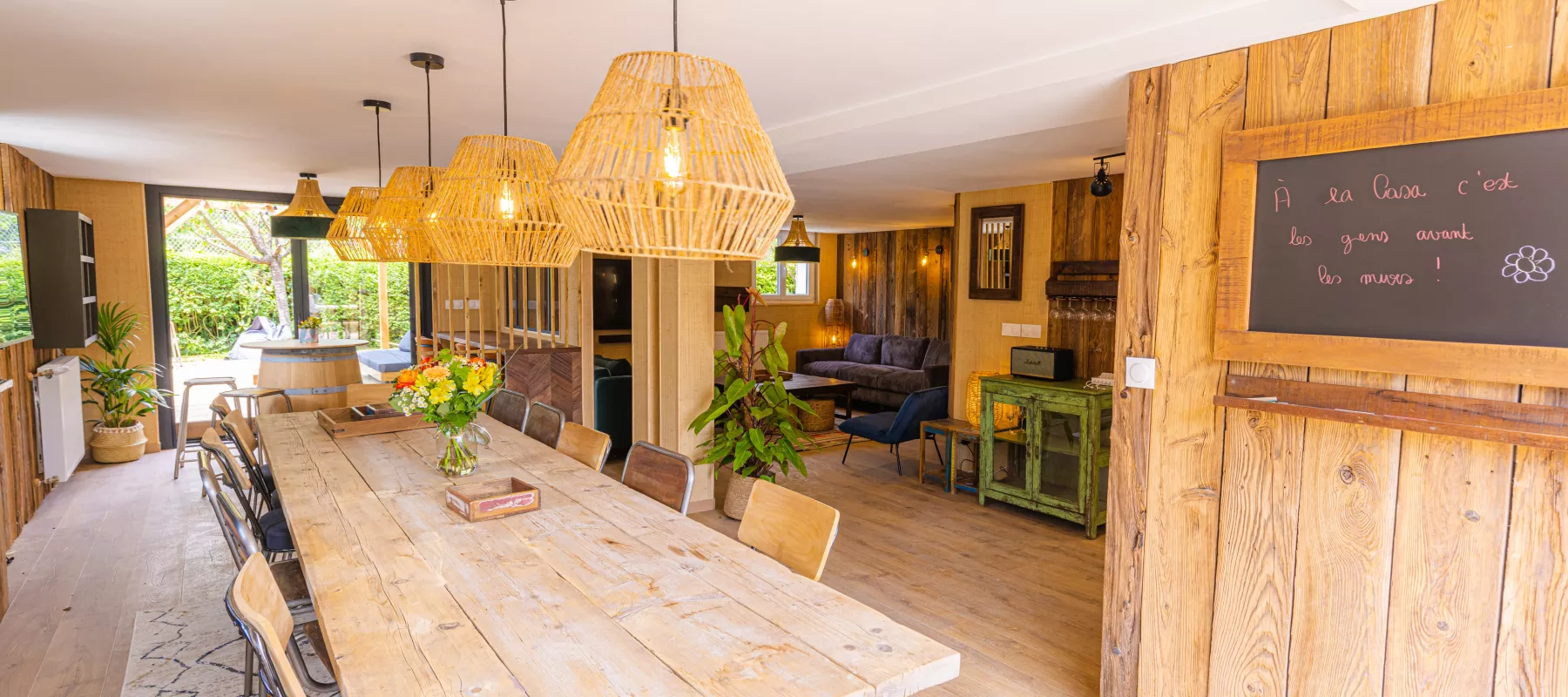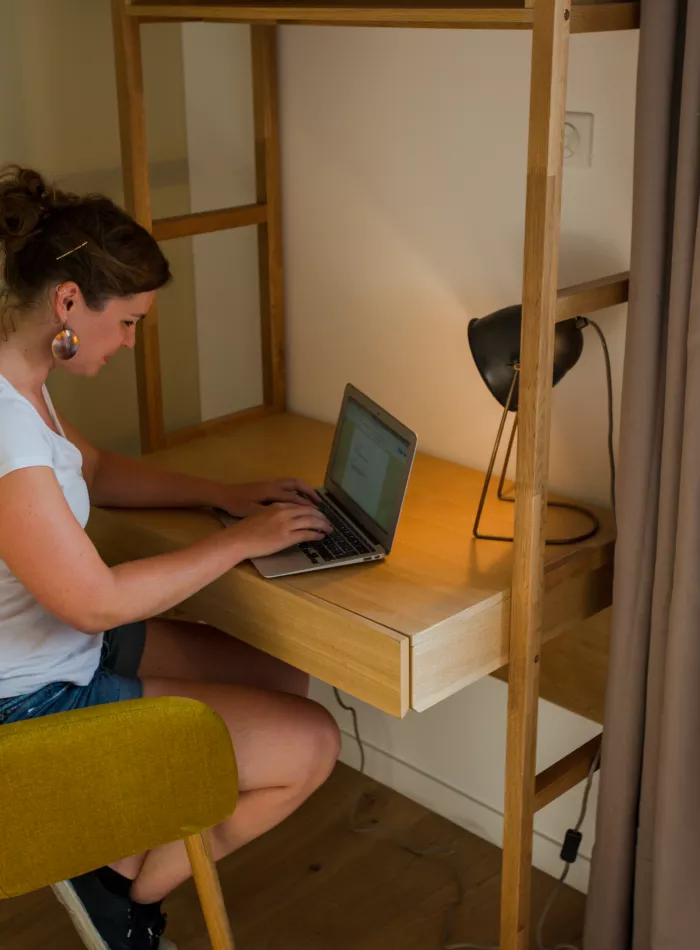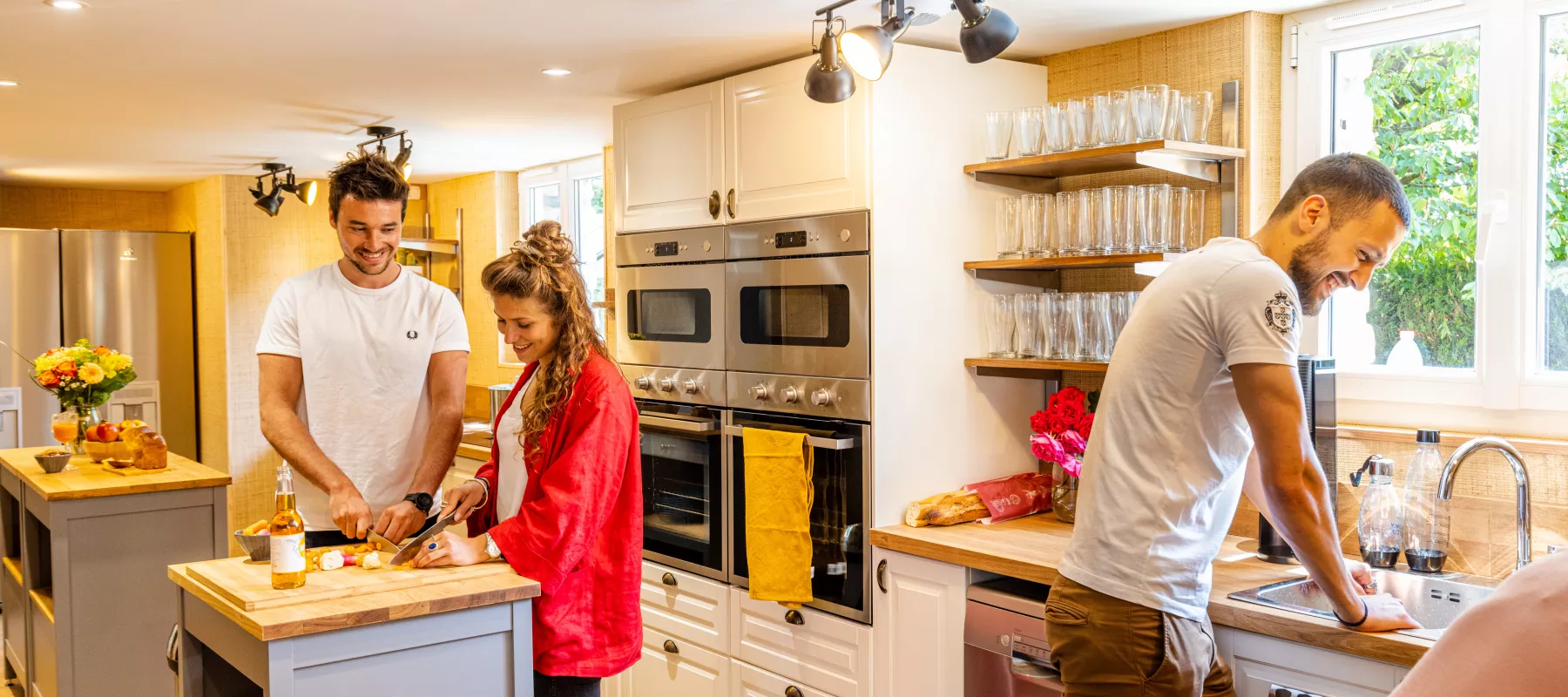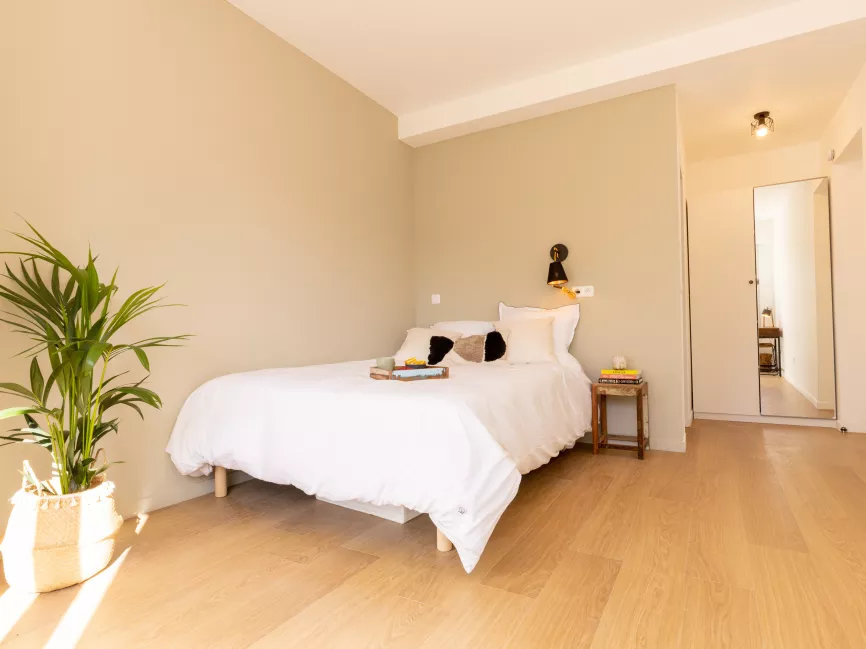Flatsharing home insurance

Découvrez tout ce que vous devez savoir lors de l’adhésion d’une assurance habitation en colocation.
What is shared housing insurance ?
Home insurance is like any insurance designed to manage damages following an incident. In the context of home insurance, it's the dwelling that is protected by the insurance. This insurance is taken out by the person occupying the accommodation, but can also be taken out directly by the property owner. The terms of the insurance are defined by the home insurance policy. Depending on the type of accommodation to be protected, you need to take out specific home insurance: shared housing insurance, individual lease insurance, student home insurance, insurance for a primary or secondary residence... There are many different types of insurance contracts. Often, in addition to home insurance, a "liability insurance" option is offered to the beneficiary. Liability insurance is another insurance that, in case of a problem between two parties, allows the person at fault to settle the damages caused to the other person by activating their liability insurance.
For example: I go to a friend's house and accidentally break his computer, I turn to my liability insurance which can reimburse him for the damages I caused.

It is possible to take out liability insurance without it being combined with home insurance, and vice versa. A tenant moving into a property is required to take out a home insurance policy. This clause is specified in the lease agreement.
How to find the best home insurance ?
Here are our two tips:
1 - Clearly define the type of home insurance policy needed
Do you live by the sea? In a seismic zone? Near a forest where fires are frequent? Do you have many valuable items at home?
All these questions may seem exaggerated, but it is essential to consider them before choosing from all possible options of a home insurance policy... Whether in a shared accommodation or not!
2 - Compare the various available home insurance policies
When you search for "Home insurance prices" on Google, more than eighteen million results appear. Explore comparison websites, ask around, discuss with your roommates to choose the best insurance possible.
How much does home insurance cost in a shared accommodation ?
In a shared accommodation, there is no need to take out home insurance per roommate. Since the roommates share a common property and have signed a collective lease, they are all identified as occupants of the same dwelling. Thus, only one of the roommates needs to take care of subscribing to home insurance for the entire dwelling. However, each roommate must individually subscribe to a liability insurance option to be covered in case of problems. The prices of home insurance vary and can range from single to triple depending on the chosen policy. As mentioned in the previous point, it is therefore important to identify your needs / the risks associated with the accommodation before subscribing to a home insurance policy.
What are the benefits of home insurance in a shared accommodation ?
In a shared accommodation, you live with other people. It's already nice not to be alone, but it also allows you to save money! Indeed, as mentioned above, it's not necessary to subscribe to multiple home insurance policies for a single dwelling. So, you can split the costs among yourselves.

What are the different types of home insurance policies for roommates ?
In the context of a rental, we refer to "rental risk insurance." This type of insurance covers damages directly caused within the rented accommodation (water damage, fire, etc.). However, this insurance only covers the rented property itself. Damage caused in the common areas of the building or to neighbors by the same incident will not be covered by the insurance. Some insurance policies also cover collateral damage: legal fees if needed, replacement of a phone or means of transportation in case of theft or damage. Check according to your potential needs.
With La Casa, home insurance is included in the rent.
At La Casa, we offer "Casas," shared housing units designed for communal living. Before moving in, each member of the shared living arrangement signs a lease agreement. This lease contract pertains to the rental of a room with a private bathroom, with common areas accessible and shared by all roommates. In addition to their lease agreement, each roommate also signs a service contract. Through this service contract, they benefit from services included in their rent: cleaning services, events, internet access, and home insurance with liability coverage. Thus, the new tenant does not need to subscribe to a separate insurance policy and is covered in case of damage caused in the house or to another tenant.





